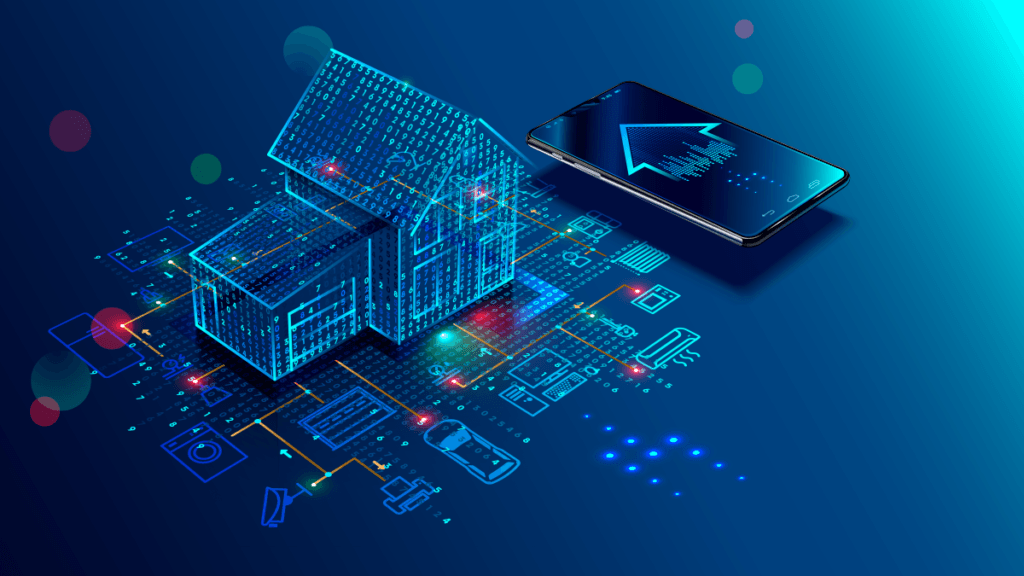
International market leaders Telefónica have created a global unit, called as the Chief Digital Consumer Office (CDCO), which will champion new digital products and services, paying particular attention to the IoT smart home.
The team, led by Chema Alonso will aim to develop the Aura AI digital assistant and continue the creation of the ‘fourth platform’. The project will help promote Telefónica into the digital era across multiple areas, however there will be particular attention paid to the IoT smart home ecosystem.
José Montalvo will become Chief Data Officer, with a main focus on the development of the fourth platform project, including the integration of new products and services such as Aura onto the platform. David del Val will become Director of Core Innovation, with a particular focus on edge computing. Antonio Guzmán is the Director of Digital Home, and is tasked with supervising the development of the smart home and the digital services ecosystem.
Telefónica is hoping to create a standardized system of the smart home – for the markets it is operational in. This is an intelligent tactic, as it is well documented that IoT devices are lacking one common interface. This approach should create value in the years to come and as a result of its global presence, Telefónica will be able to provide competition to other players who are hoping to create one main platform to control the smart home ecosystem.
This initiative comes from progress being made in the smart home following the announcement of a partnership with Microsoft at Mobile World Congress last year.
Along with Microsoft boss Satya Nadella, Telefónica CEO Jose Maria Alvarez-Pallete, launched the fourth platform initiative in attempt to become market leaders of the smart home ecosystem, seemingly learning from the ‘walled garden’ business model which has been so successful for the likes of Facebook.
Telefónica would leverage its relationship with the users by creating a platform for third parties to offer their own products and services. Telefónica will of course offer its own services, such as content, but why not create revenue by monetizing the link between the user and other companies in the digital economy.
The smart home is still seen as an emerging part of the digital economy, yet through this initiative, Telefónica have addressed the main concerns associated with the smart home. Connected devices are becoming all too common and there would need to be a main focal point to manage such an ecosystem and to also guarantee security.
While the smart home is still emerging as a viable segment in the digital economy, this is a very intelligent move from Telefónica. Connected objects are becoming more common, as there will need to be a focal point to manage this ecosystem, but also guarantee security. Telefónica has a trusted relationship with the consumer, a recognized digital assistant and the power of Microsoft as a partner. This is not a guarantee, but at least Telefónica is trying something new under the threat of the connectivity industry becoming commoditized.